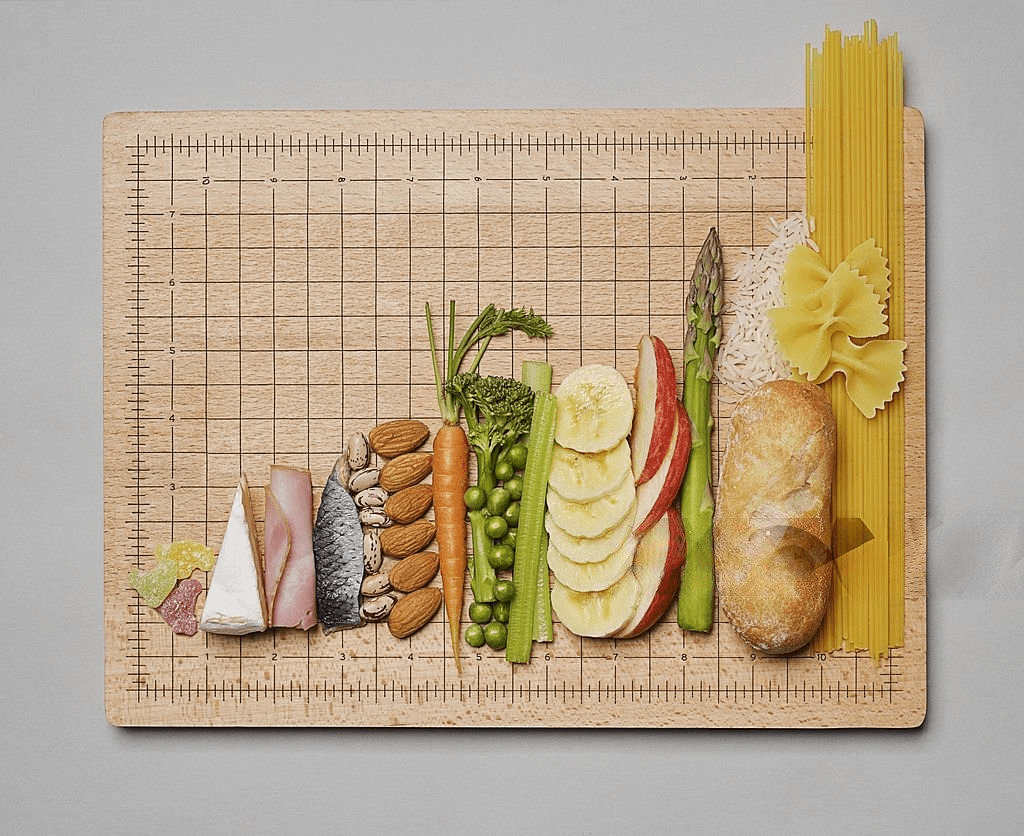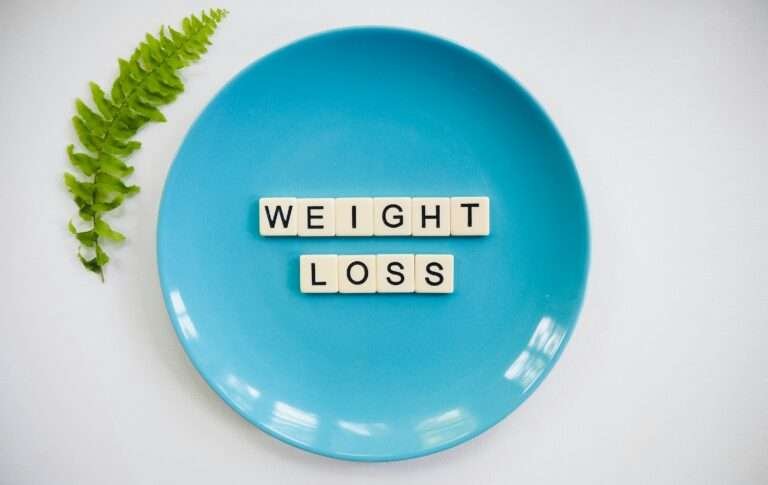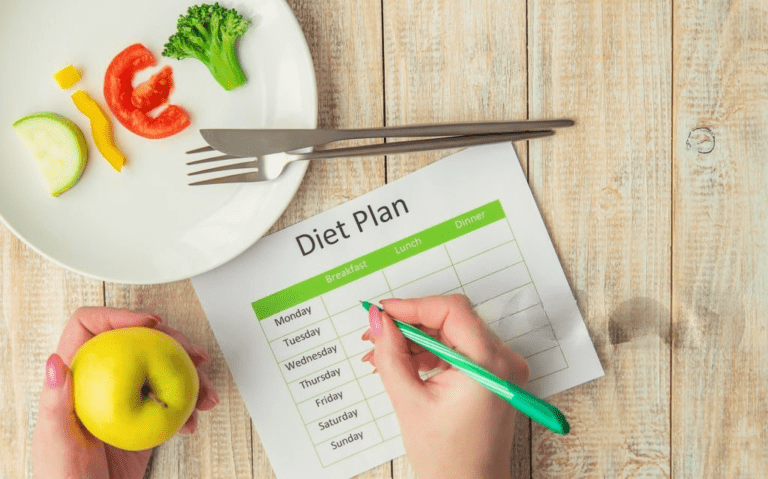What is a Balanced Diet? Understanding Your Nutritional Needs
Introduction
With everyone running a rat race nowadays, there are numerous blogs and vlogs regarding health gear but it all bogs down to the prime question: What is a Healthy Diet? Knowing what the basics of a balanced diet are, is just more than counting calories and tracking all our food intake on an app. The chapter introduces the book sections that guide readers in an exploration of what a balanced diet looks like, emphasizing excellence and distressing as many food categories for overall health.

Balanced Diet the Full Lowdown: Why It’s So Important for Your Health
Getting healthy demands more than consuming healthful once in a while; it needs to discover what helps make up an effectively balanced diet regime. In this guide, we examine the elements of a balanced diet and provide useful tips for incorporating these concepts into your everyday life.
Those Components in a Balanced Diet
Defined as the variety of food types in each major food group that we eat for health and to improve human performance,/the balance between multiple categories designed to keep us healthy.
- Fruit and Vegetables: Essential nutrients, vitamins, minerals; Try to get a range of colors and types so you cover all the bases with vitamins and minerals.
- Protein — Proteins are needed for the repair and growth of body tissues including muscle. A variation of animal-based (chicken, fish, and dairy) AND plant-based sources to ensure a diverse profile of amino acids.
- Whole Grains– Choose grains that are least processed, such as brown rice millet whole wheat, etc. These deliver essential B vitamins and critical fibers to help regulate blood sugar levels as well as digestive health.
- Dairy and Alternatives: Best source for calcium intake, opt for low-fat or fat-free alternatives (cow’s milk) to reduce cholesterol/ saturated fats in your diet; Try out plant-based dairy products like almond, soy, coconut drinks containing added nutrients such as calcium & vitamin D
- Good Fats: Our brains (1,000 kcal of energy per day) and the structure of every cell in our body are composed mostly of fats. Emphasize unsaturated fats found in olive oil, nuts, seeds, and avocados.
The 1st Priority—PORTION CONTROL
By understanding and having control over our portions, we avoid 2 common traps; overeating or undernourishing.

- Proteins: To allow crippled tissues the repair time they need, you don’t want more protein than a cell phone.
- Grains or Starchy Vegetables: Use an amount that you formed perfectly into the palm of your hands in their servings.
- Vegetables and Fruits: Must consume vegetables and fruits on half of your plate to obtain nutrients but not many calories.
Diversity in Your Diet
No one food can give you all the nutrients your body needs. A diverse diet gives you a spectrum of nutrients thus assuring protection from nutrition deficiencies and preventing lifestyle diseases.
Micronutrients in Health
Although micronutrients are needed in tiny quantities, they have a fundamental importance to maintaining health and well-being:
- Vitamins like Vitamin A, C, and E are necessary for the immune system to function properly, maintain healthy skin and protect cells.
- Several important minerals such as Zinc, Selenium, and Magnesium are essential for hormone discovery; heart health handling system; and muscle movement.
Getting Enough Fiber for Gut Health
It is needed for gut health but also to balance blood sugar levels and keep our weight in check. Beans and legumes High-fiber fruits Healthy high-fiber foods What fruit are low in sugar?
Hydration: Essential for Life
Digestion and the absorption of nutrients as well as chemical reactions in our body need it to be maintained by proper hydration. It also helps in controlling body temperature and keeps blood pressure under check.
How Your Lifestyle Should Adapting to Your Diet
Strategize your calories per meal according to overall health, training day, macro-nutritional needs, and activity style conducted. If you are a competitive sportsman in need of additional proteins or an older gentleman trying to concentrate on your heart health, making some verse good adjustments to the diet can make drastic differences.
Maintain A Balanced Diet
Meal Planning — Plan your meals for the week to make sure you balance between all kinds of nutrients.
Decoding Nutritional Labels: Understanding food labels will help you make better choices and save from hidden sugar or fats.
Home Cooking It gives you total control over the ingredients and allows portion control.

Faqs
Conclusion
Eating Right is a constantly evolving personalized dance adjusted to the rhythm of your lifestyle and health realities. If you learn to incorporate the principles of a balanced diet in your life then, no matter what disease comes around, but most likely do not.
Read More: Essential Iron Intake for Boosting Energy and Enhancing Health



One Comment